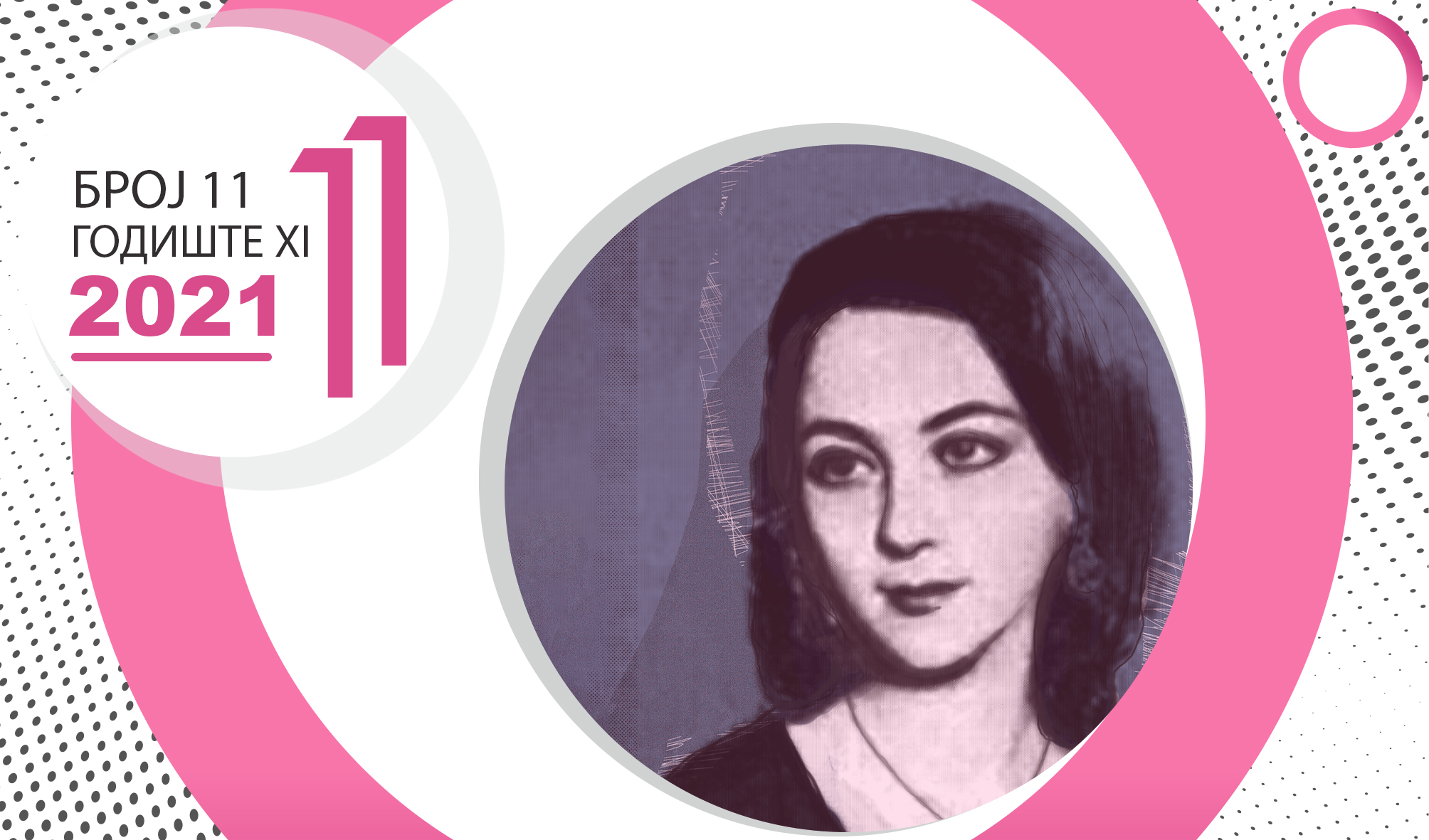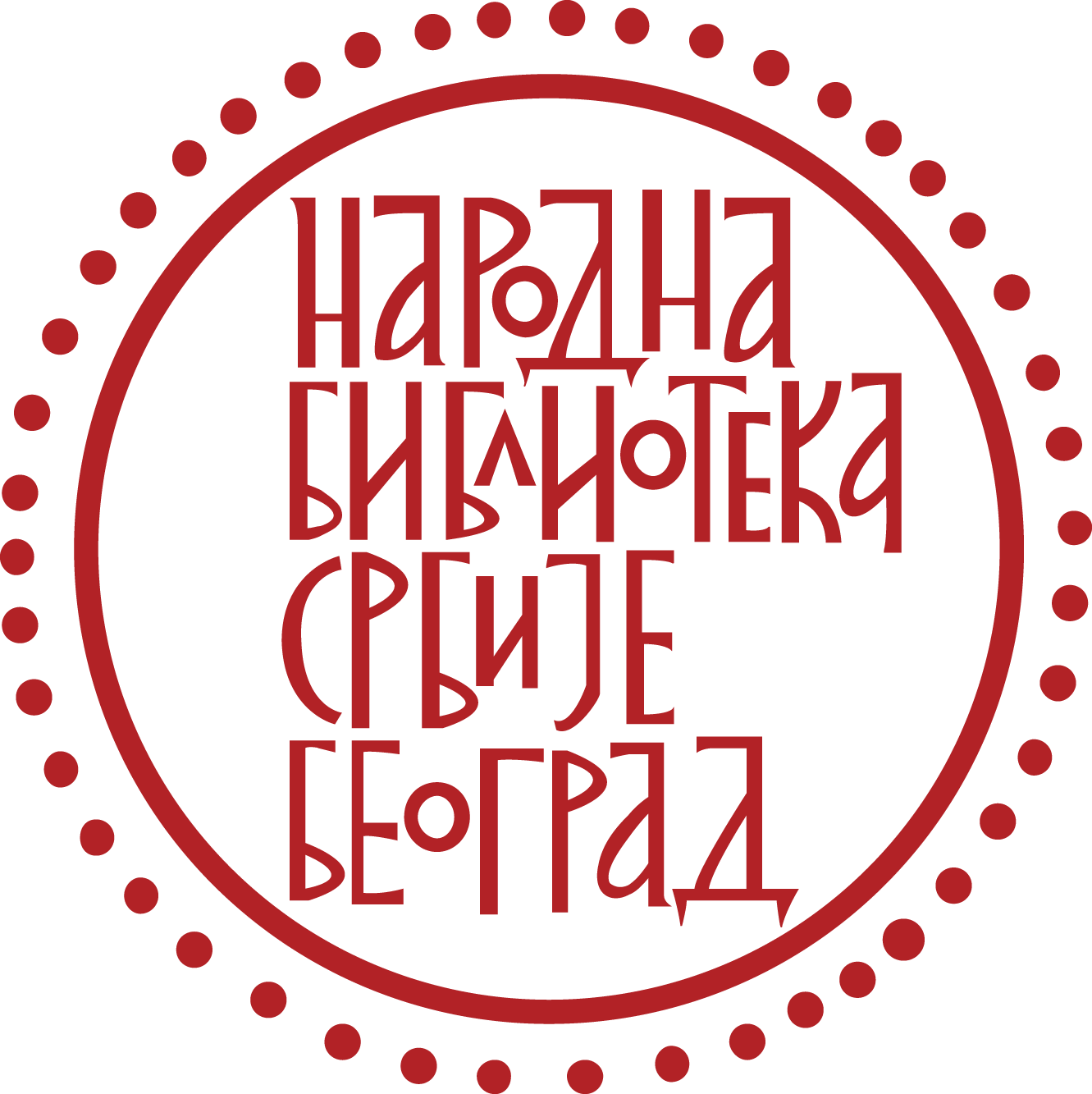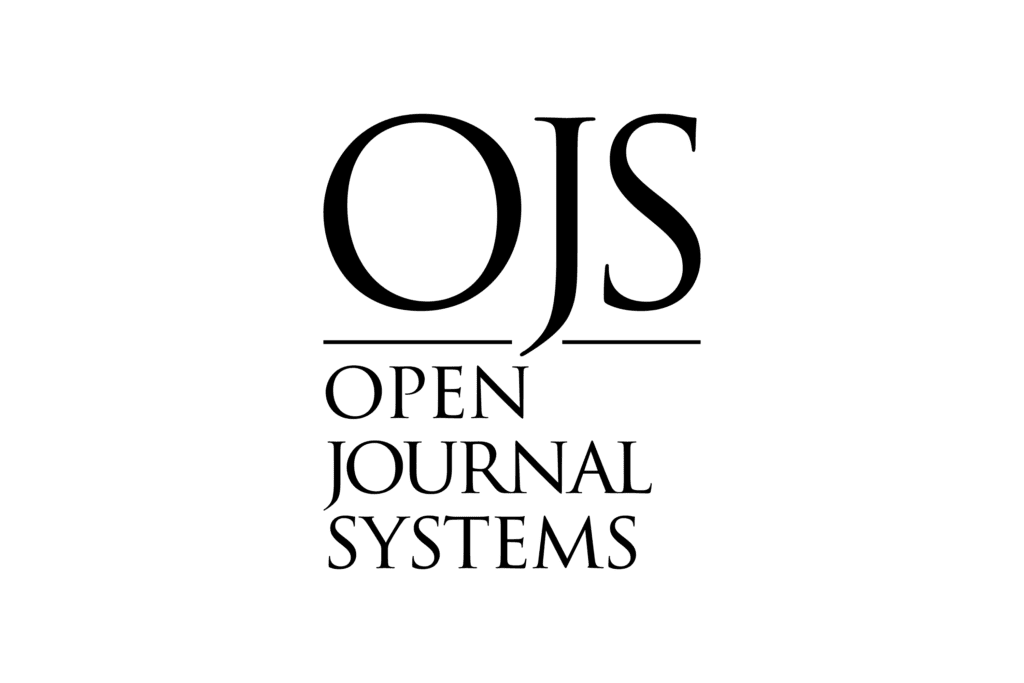Transnationality in Post-Yugoslav Anti-War Women’s Essays
DOI:
https://doi.org/10.18485/knjiz.2021.11.11.6Keywords:
anti-war essay, women authors, social engagement, post-Yugoslav, feminismAbstract
The work is based on the idea of the common represented in the essays of post-Yugoslav women writers and authors, and reflected in the socially engaged transnationality, anationality, antimilitarism and feminism. The common, transnational viewpoint of essayists Dubravka Ugrešić, Rada Iveković, Jasmina Tešanović, Lepa Mlađenović and Alma Lazarevska is revealed in the observed and critiqued societal systems of nationalism, which are conditioned by patriarchal structures. In other words, the Yugoslav national armed conflicts were based on the war of the sexes, according to these authors. Their activist essays break down the cluster of stereotypes (Yugoimaginarium) that stems from a nationalised and militarised construction of sexes, as well as a primary patriarchal need for control, especially visible in the figure of the mother-nation and in the escalation of different forms of conflict-related violence against women. A special place in the anti-war women's essayist discourse belongs to those women authors who experienced war (directly), and are in a position that allows for the most precise reflection on the devastating effect of the war trauma but also of the narratives that led to threatened existence: tradition, history, and nationalism. Post-Yugoslav women essayists wrote from nearly identical activist vantage points of resistance, using an alternative discourse to build safe spaces of transnationality. Therefore, the corpus of post-Yugoslav anti-war women's essays became a centre of new discovery about our and other wars.











